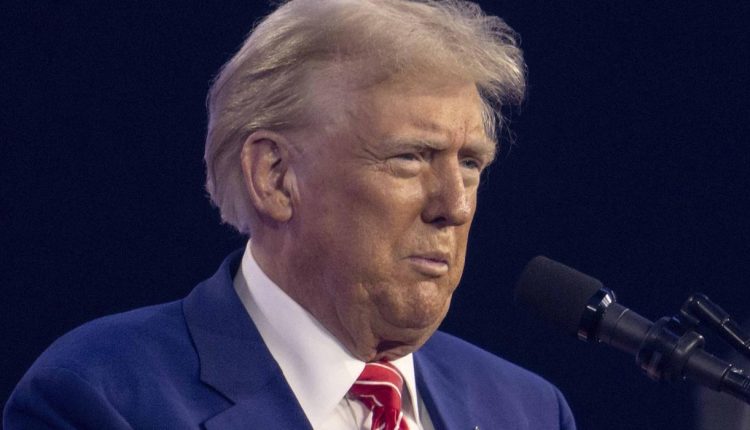The US economy may face immediate shifts as President-elect Trump prepares to begin his second term this month.
From tax policy overhauls to regulatory rollbacks and renewed trade tensions, these changes could redefine how Americans manage their finances and how businesses operate. Here are four key economic shake-ups that could take place on Day 1 of Trump’s second term.
America First
Initially introduced by President Woodrow Wilson, “America First” represents a series of economic and diplomatic policies centred on domestic issues and protectionist trade strategies. Over a century later, Trump’s second administration could revive these policies by reimposing trade tariffs and scaling back trade agreements.
“Immediate impacts could include disruptions to global supply chains, higher costs for imports, and potential retaliatory tariffs,” said Christopher Stroup, founder and president of Silicon Beach Financial. “Overall, these efforts could negatively affect US exports and international trade relations.”
Economists like Wayne Winegarden from the Pacific Research Institute have voiced concerns about the potential consequences of Trump’s trade policies.
“Global supply chains will be disrupted, causing the costs of many goods that Americans consume regularly to increase,” Winegarden explained. “Ironically, despite his intentions, by disrupting global supply chains, US exports will likely decrease as well.”
Tax Cuts
Trump’s 2017 tax cuts are set to expire at the end of the year unless the Republican-controlled Congress takes action to extend or make them permanent.
Throughout his election campaign, Trump prioritised tax cuts for individuals, small businesses, and corporations. His proposals include exempting tips and Social Security payments from federal taxes.
“Short-term effects might include increased disposable income for individuals, enhanced cash flow for small businesses, and potentially higher corporate profits. However, these tax policies could significantly increase budget deficits,” Winegarden noted.
On Day 1, the new administration is likely to focus on solidifying the 2017 tax changes. Winegarden emphasised the importance of creating greater tax certainty, saying, “This includes dropping efforts to remove the cap on the state and local tax (SALT) deduction and eliminating tax giveaways that fail to improve incentives to work and invest.”
Lower Energy Costs
Despite public perception, the United States has experienced record oil production over the past three years. According to the US Energy Information Administration, the country “produces more crude oil than any nation, ever.”
Trump, known for his pro-fossil fuels stance, could expand fossil fuel production and reduce incentives for renewable energy development.
“Immediate shifts in energy policy could involve scaling back renewable incentives and environmental regulations,” Stroup said. “While this might boost short-term profits for oil and gas companies, it could hinder progress on climate goals.”
Repealing Biden’s temporary pause on liquefied natural gas (LNG) export terminals could also become a priority, Winegarden suggested, arguing that increased LNG exports would benefit both the US economy and global markets.
Student Loan Repayments
Following the US Supreme Court’s rejection of President Biden’s student loan forgiveness plan, borrowers are left in limbo. Trump has hinted at potentially eliminating the US Department of Education, which oversees federal student loans.
“Larger student loan debt diverts resources from retirement savings for younger generations,” Stroup explained. “This can delay financial security and long-term planning.”
Attribution: Nasdaq
Subediting: Y.Yasser


